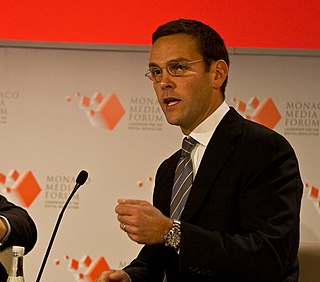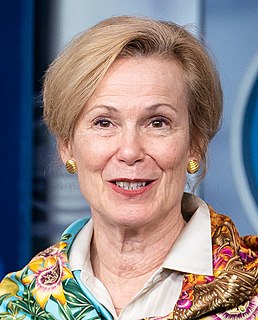A Quote by Klaus Fuchs
I had therefore, no hesitation in giving all the information I had, even though occasionally I tried to concentrate mainly on giving information about the results of my own work.
Related Quotes
Money and prices and markets don't give us exact information about how much our suburbs, freeways, and spandex cost. Instead, everything else is giving us accurate information: our beleaguered air and watersheds, our overworked soils, our decimated inner cities. All of these provide information our prices should be giving us but do not.
Information wants to be free.' So goes the saying. Stewart Brand, the founder of the Whole Earth Catalog, seems to have said it first.I say that information doesn't deserve to be free.Cybernetic totalists love to think of the stuff as if it were alive and had its own ideas and ambitions. But what if information is inanimate? What if it's even less than inanimate, a mere artifact of human thought? What if only humans are real, and information is not?...Information is alienated experience.
When Wikileaks comes out, which I have nothing to do with, they're giving classified information. They're giving information about Hillary [Clinton] cheating on the debates. No one mentions that Hillary received the questions to the debates. Seriously, can you imagine if I received the questions? It would be the electric chair, ok?
If the soul is impartial in receiving information, it devotes to that information the share of critical investigation the information deserves, and its truth or untruth thus becomes clear. However, if the soul is infected with partisanship for a particular opinion or sect, it accepts without a moment's hesitation the information that is agreeable to it. Prejudice and partisanship obscure the critical faculty and preclude critical investigation. The results is that falsehoods are accepted and transmitted.




































